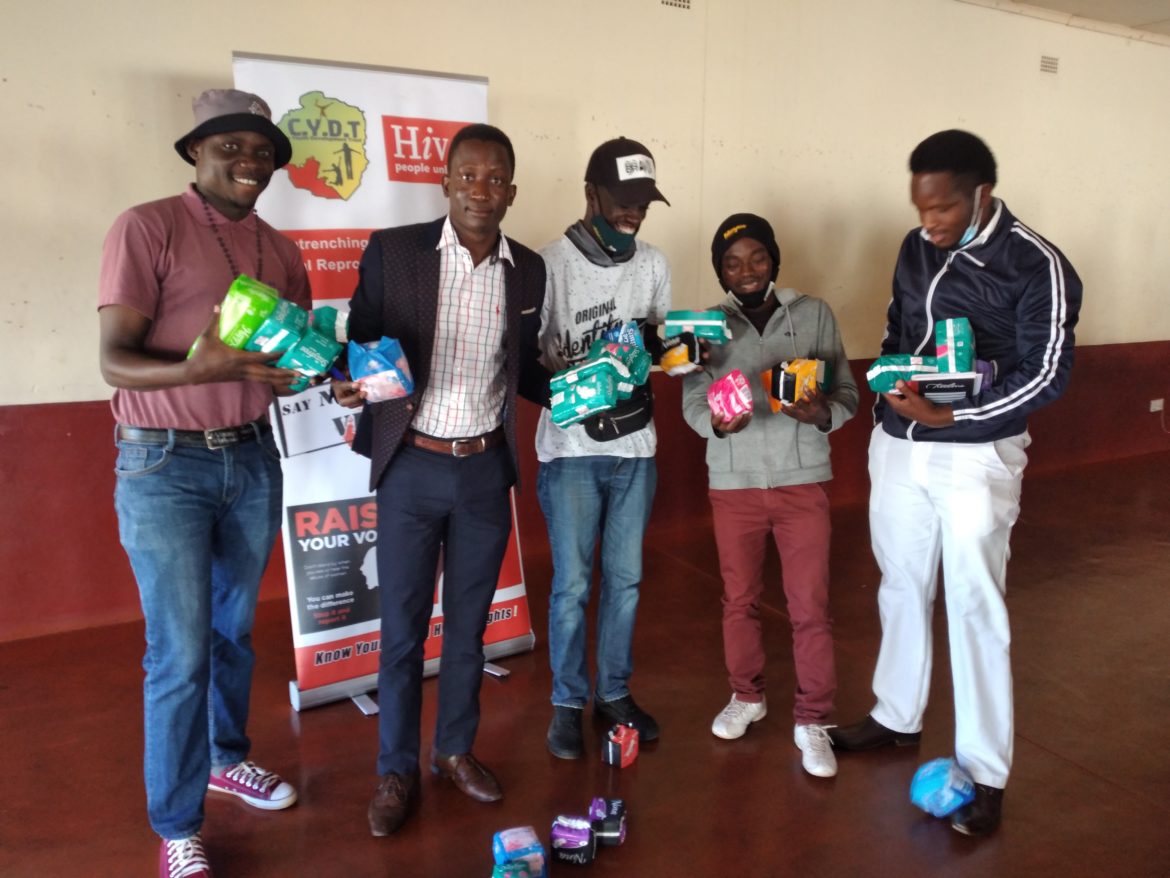Matobo district has a unique complex social, eco[1]nomic and political structure which has both determined its demographics and activities that have hugely influenced the way of the local people. Matobo district is endowed with natural resources that has a potential to develop its infrastructure and the people that live there. Gold mining and a national park are the main sources of foreign currency that have the potential to develop the district, yet, it is one of the poorest districts in the country according to the Zimbabwe Vulnerability Assessment Report. Therefore, coupled with the increased frequency and intensity of droughts, the current economic crisis and the COVID-19 pandemic, poverty in the district has led to vulnerability which has hugely affected the girl child. Noting that already there are social underlying issues that are already affecting and persecuting the girl child in the district. Early child marriages where young girls are being married off at a young age is an age old custom practiced in many traditional communities. Most of these people believe a girl child is only valuable as a source of lobola and see their education as a waste of time. Even though it is rare in the district and has been criminalized by law in the country, it is still practiced in remote areas of the district albeit in secrecy. It is important to note that a large number of the young population emigrates to urban areas as well as neighboring countries. Such a scenario leads to households being headed by children, elderly or house workers. Such household heads cannot control young girls and unfortunately, social perverts always take advantage of the lack of the watchful eyes of parental guidance or guardians who can control them. It is important to note that this has a huge influence on the social disposition that young girls find themselves in. This is because young girls become exposed to unruly behavior which has led to teenage pregnancy, rape and drug abuse. It becomes near impossible to find young girls who have not been tainted by such a toxic cycle of social degeneration, since most of them see it as an avenue to escape poverty, and other socio-economic challenges. Like all rural districts, few students get the necessary qualification to enroll for tertiary education and therefore, education is seen as a waste of time as it does not bring instant returns. As much as the rural education system is in need of a massive boost in terms of stationery and other essential resources to improve performance, attitudes and perception are at an all-time low. Due to the economic crisis which has eroded the value of the Zimbabwean dollar, the educated working class have become unpopular because they do not have access to the much appreciated foreign currency. Therefore, education no longer inspires young people as they do not see motivation in community members who are educated and have assets that reflect their level of education. Worse still, the huge influx of family members who flock back home during holidays with groceries, money and cars, education has become an unpopular choice as young people only see a bright future by crossing the border and working in neighboring countries. Young girls are enticed by these tangible benefits and hence, become reluctant to put more effort in studying beyond high school. Due to the COVID-19 pandemic that has brought the world to a standstill, the health and well-being of a rural girl child has been worsened. In this state, scarce medication is now being sold at inflated prices and vital sanitary products have become inaccessible. Considering that most of them rely on the support from families in the diaspora, particularly in South Arica, there is a humanitarian crisis as they have lost their only source of succor. The issue has become compounded by the fact that the community of Matobo is already affected by poverty due to droughts. Therefore, young girls have become even more vulnerable and this has compromised their health and well-being. There is a huge gap between planning and implementation, ideologies and execution as well as social media gender activism but no real action that benefits young people especially in remote areas. As a CBO working with young people in the community, we are bridging the gap between strategic planning and actual implementation. As an organization, we have come up with ideas to help young girls who are facing social, economic and cultural challenges and therefore, it is our objective to engage everyone in this to play a part in this initiative. Please click here to download
The plight of the rural girl child (A case of Matobo district)
previous post
